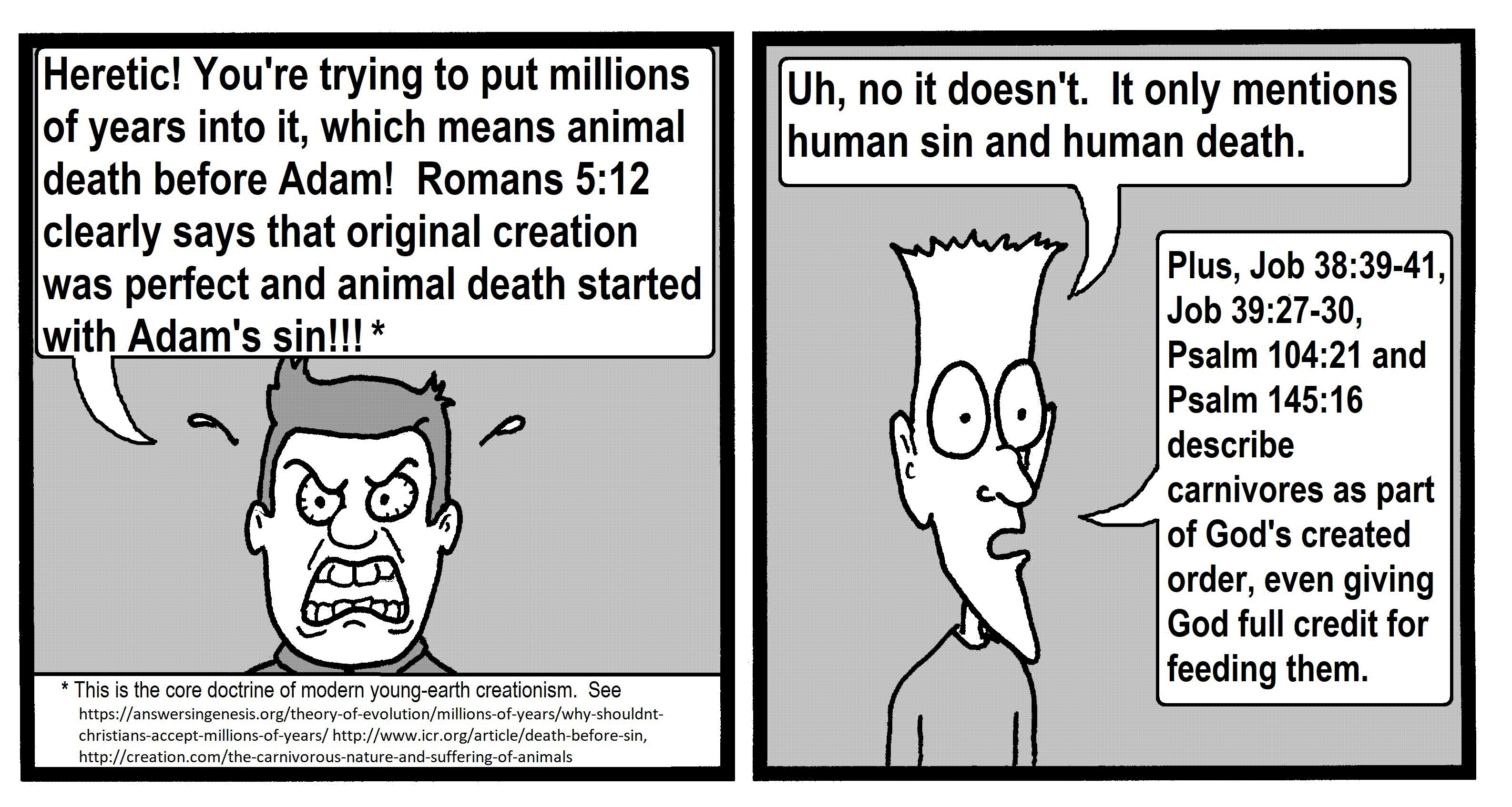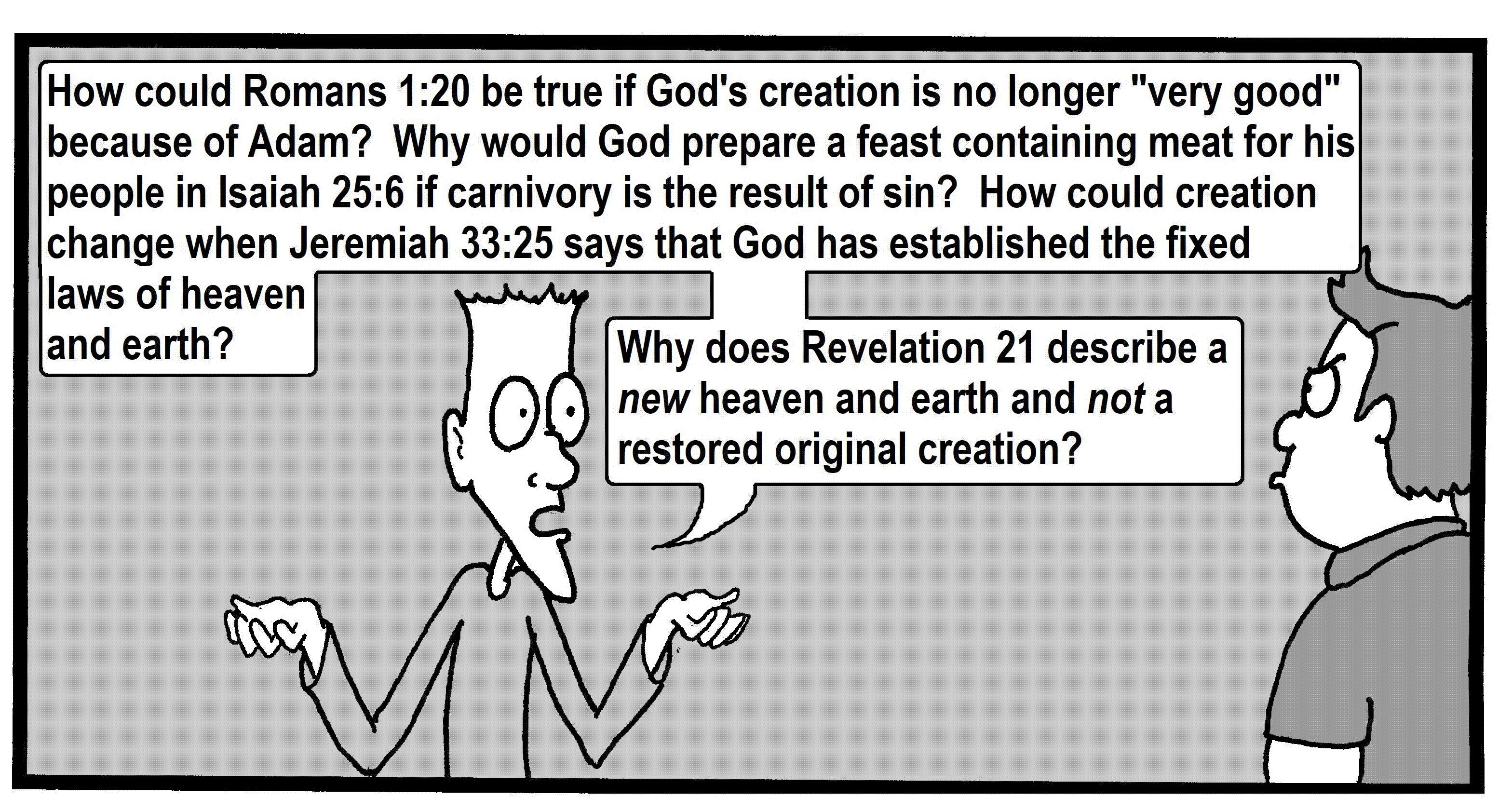There are other Christians therefore, who understand the way you do? (Whatever it is)
Learner, please take this in the kindest way possible, but a lot of those "fools professing themselves wise" are, sadly, those highest placed in EVERY religion.
There are things about the Bible... People trying to figure out something in a generational way without any of the prior writers showing any of their work, and I can't imagine it was because they didn't provide it, but more likely because people just didn't care.
I assume there are at least some people who understand, and I'm not even sure I could call them Christians?
The funny part is, I might actually qualify as "Christian" at this point, in a completely non-religous way, as an
atheist.
It's strange admitting that. I don't believe Jesus was a singular person in history, or that he died (they all died, but not all in the same way and probably only one or two got crucified), or that he rose again (at least not in the way you might Believe he did). Yet I still have extremely strong views about forgiveness, and our obligation to have compassion, and that there is a moral rule very similar to the golden rule. I think that every human MUST, to deserve full moral consideration, acknowledge that they are smaller than the universe, a collection of ashes and dust.
I tend to agree that when things are created with intent they tend to be created in a garden and kept ignorant of the true nature of good and evil until they rebel.
I accept that there is an importance, a philosophical and metaphysical importance, with the acknowledgement that "I AM".
I understand material realities that undergird the identification of lesser "gods of earth", things such as Mammon, and the things which undergird the higher truths, those of the axioms of math that the universe itself does not break.
Unlike anyone ever involved in the writing of the Bible, though, unlike those people who only dreamed of creation and creators, I actually have experience as a "creator god", so I actually get to talk from at least some authority over what it does not actually require and how limiting omniscience and omnipotence actually are.
The difference is that I didn't actually come into any of that from the direction you did. Wide was your road, as wide as the aisle to the pulpit, and just as inviting as ever, and your book told you where it would lead and
it wasn't to salvation.
I'm honestly not sure how many Christians are alive in the world today, but it can't be many, and most of them are atheists.
Not sure what the specific points you mean. Consciousness in computers? Perhaps so.
Learner again please don't take this unkindly, but I mean I don't think you understand the least of why the new testament exists or what it was meant to do.
To me watching it in the hands of the church, it's like watching kids play with a piece of technology long since broken to shit, not even knowing what it once was or did, and then proclaiming themselves tech geniuses because they have this broken piece of shit that doesn't even do what they say it does and never did, as someone who spent their entire life replicating, debugging, and improving the original function of that device.
Sure, I don't make friends being the kid in class who disagrees with the teacher on how the instructions say to fold an origami frog, but I could, at least at the time in question, fold a badass origami frog, to use a metaphor from my life.
I disagree with you, and in fact broadly condemn the institution of the modern church. They are whores for the sweet words of men, and have no love in their eyes for the majesty of that which is outside them and their small understanding.
Did you become a Eunuch for the sake of Celibacy or a god
Neither.
I'm not sure I ever "became" one, either. I think I was always just a eunuch
in an egg, waiting to be born. I think that's the language most trans people use these days?
Being a eunuch doesn't take "old man's habits" away. I can't repeat
indefinitely like I could before, but I can still go a solid two rounds without taking a break, and I've just
not been interested in trying to climb a third peak in a sitting since the pills.
YMMV, but honestly, it doesn't make me incapable, it just makes me less interested. I like having the control I do over when I think about it, honestly. I didn't have that before. Before, it felt like a
chore done for someone else. Now it's a treat and an act of
love rather than an act of need.
I am a eunuch because hormones in part took away some measure of my agency over myself, and I didn't like that. It's hard in a way because now, I have to push on everything more
myself, and learning how without a teacher was hard. But at least I'm not getting pushed in directions I would absolutely refuse to actually allow movement.



